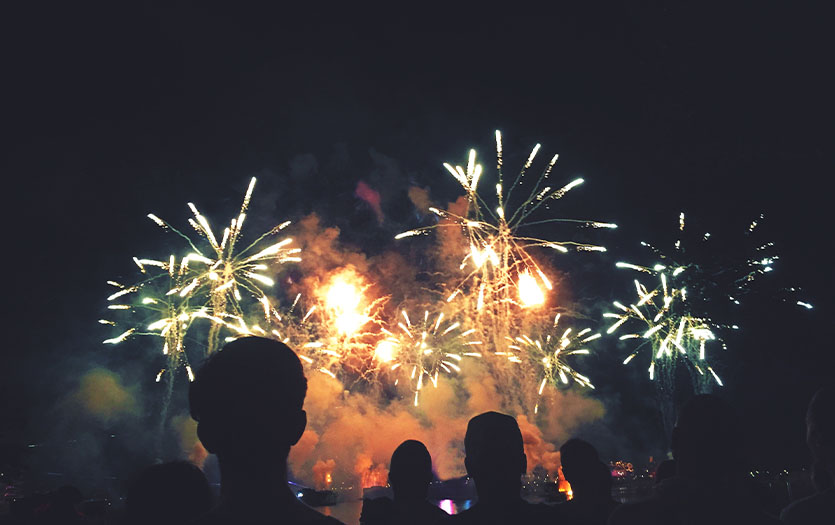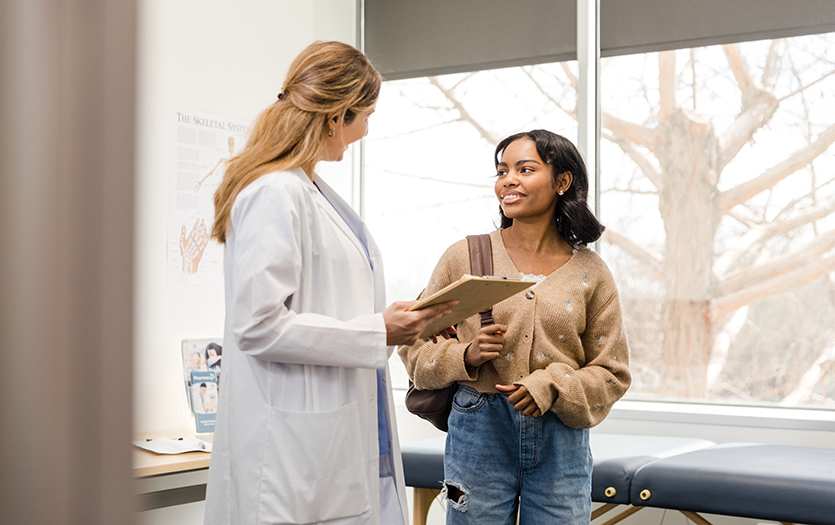
As we approach another Fourth of July, Parkview encourages you to be smart and courteous when it comes to fireworks safety. Sadly, year after year trauma centers across America see patients who have experienced burns or other severe injuries related to holiday celebrations. We reached out to Jennifer Konger, manager, Community Trauma Program, Parkview Trauma Center, to give us a refresher on fireworks safety and the do’s and don’ts according to the American Burn Association.
Fireworks can be dangerous
Facts are facts. There are no safe fireworks. Whether legal or illegal, fireworks are dangerous explosives that can cause life-changing injuries if handled improperly. Did you know that more than 50% of fireworks injuries occur in people under the age of 20? Anyone who handles fireworks should be a proper age and not under the influence of drugs or alcohol. The American Burn Association recommends designating a sober adult as the fireworks lighter.
Put safety first
To keep your celebrations safe, set up a smart fireworks display by following these measures:
- Remember to observe all local and state laws regarding fireworks.
- Use fireworks only as directed.
- Light one firework at a time and walk away quickly.
- Always keep a bucket of water nearby in case of emergency and as a safe place to dispose of your fireworks.
- Never pick up spent fireworks until they have fully cooled as some may still be active after firing.
- Never point or throw fireworks at another person.
- Do not attempt to “fix” or relight a firework that does not deploy.
Keep kids protected
Children in particular can be at risk of fireworks injuries because often smaller types of fireworks are mistakenly seen as less dangerous. But this is not the case. A sparkler can reach up to 2,000°F, which is hotter than a blowtorch. Always store fireworks out of reach of children and keep all kids a safe distance away from any igniting fireworks. It’s safest to not allow children to hold fireworks at all, even sparklers, but if they do, make sure they are under the close supervision of an adult. For younger children, parents might consider safer options like glow sticks, silly string or confetti poppers.
Be courteous
Remember that not everyone enjoys fireworks. When lighting fireworks, be aware of your surroundings and be courteous of other groups, neighbors and animals nearby. Be sure to follow any local ordinances regarding times fireworks can be lit.
Fireworks can be fun but should be taken seriously. You can be held legally and financially responsible for injuries caused by fireworks. Protect yourself and your loved ones this holiday season by following these important tips.



